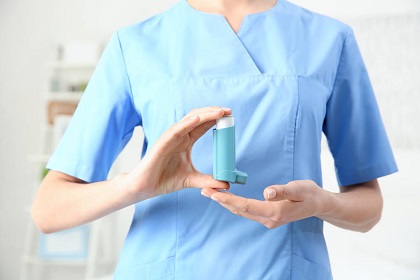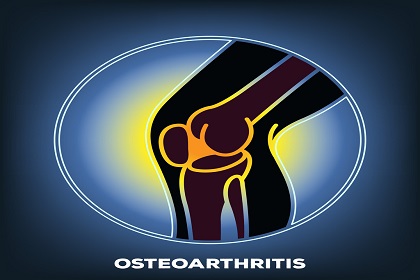Search
A urinary tract infection (UTI) is an infection of the urinary tract, which is the path that urine takes when it leaves the body. The parts of the urinary tract that can be infected include the bladder, urethra, and/or kidneys. The following terms refer to the place that is infected.
• Cystitis (bladder Infection)
• Urethritis (urethra infection)
• Pyelonephritis (kidney infection)
It is important to treat UTIs to keep your kidneys healthy.
What causes a UTI?
UTIs, bladder infections in particular, are usually caused by a type of germ (bacteria) called Escherichia coli (E. coli). These bacteria are usually near the anus (the opening through which the feces leave our body).
Some other bacteria, for example sexually transmitted infections like gonorrhea, chlamydia, and vaginal infections, can also cause UTIs affecting the urethra.
Who has a higher chance of developing a UTI?
Women in general have a higher risk of getting a UTI than men, because the distance between the opening of the urethra and the anus is shorter in women.
The chance of getting a UTI is also increased for people who:
• Are sexually active or engage in anal sex
• Use diaphragms or spermicide for birth control
• Are pregnant or menopausal
• Have a history of bladder or kidney infection
• Have conditions that change or block the natural flow of urine, such as kidney stones
• Have diabetes
Do I need to send my urine for culture to identify the bacteria?
Based on your symptoms, your doctor will decide if you need a urine culture. Your doctor may request for a urine culture test if the UTI is more than a simple bladder infection or if you are pregnant or have repeat infection.
How will my doctor treat my UTI?
Your doctor will give you antibiotic pills to eliminate the bacteria. It is important that you complete the course.
Depending on your symptoms, your doctor may also give you medicine to reduce discomfort and the urge to urinate.
Feel free to talk to your pharmacist about the common side-effects and allergic reactions for the relevant medicines.
What can I do at home to feel better?
• Continue to finish all the antibiotic pills, even if you start to feel better
• Drink plenty of water. This helps to flush the bacteria out of the body
• Avoid caffeine and alcohol. They can irritate your bladder
• Apply a warm pad to your abdomen to reduce bladder discomfort
How can I prevent getting a UTI again?
DOs
• Drink plenty of water
• Practice good perineal hygiene. Always wipe from front to the back
• Wear cotton underwear. Bacteria grows better in moist places. Cotton does not trap moisture
• Drink more fluid and void before and after intercourse
DON'Ts
• Avoid holding your urine. Go to the toilet when you need to
• Avoid soaking in bathtubs for long periods of time
When should I see my doctor again?
Please contact your doctor if you have any of the following:
• Persistent discomfort or a condition which worsens after two days of antibiotic therapy
• Fever. A temperature higher than 38°C
• Chills or night sweats
• Severe flank, back, or abdominal pain
• Severe nausea, vomiting, or diarrhea
• Blood in urine
With reference to www.uptodate.com
Click the link for more information on Family Medicine Clinical Service
Click the link for more information on Internal Medicine Clinical Service











